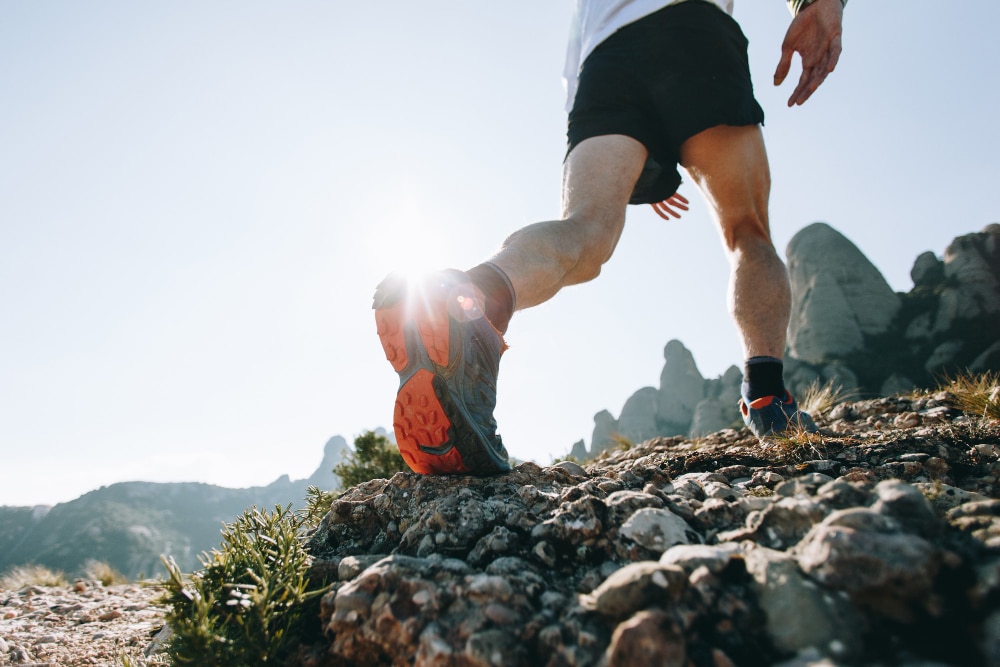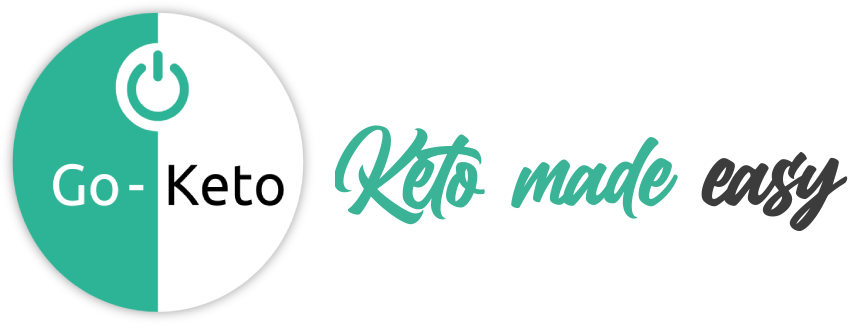The keto diet has become increasingly popular over the past few years. In the past, a ketogenic diet has been recommended to treat conditions such as diabetes and epilepsy. But now, it’s becoming clear that ketosis has a positive effect on weight loss, mental health and athletic performance.
While diets for athletes more commonly emphasise carbohydrates, the keto diet is high in fats contains moderate amounts of protein, and is low in carbs (usually no more than between 40-50grams per day). A low intake of carbohydrates causes ketosis, in which the body burns fat stores and ketones are created. Someone exercising while following a ketogenic diet will be burning fat to fuel their activity rather than glucose.
How does exercise affect ketosis?
The more your body has adapted to burning fat, the more it will rely on stored fat to fuel your workouts. This is true across all levels of activity, even during HIIT sessions when the body predominantly burns glucose. Studies show that a key factor setting top athletes apart from recreational players and runners is their bodies’ ability to burn fat rather than glucose.

Endurance activities
Endurance exercise at lower levels of intensity while in ketosis increases the levels of ketones in the blood and lowers blood sugar levels. As your body burns more stored fat to fuel your exercise, some of the fat will be turned into the particles known as ketones. During the fat-burning stage of endurance exercise, elite athletes who follow this eating plan burn more than twice as much fat as those eating a diet rich in carbs.
High-intensity training
During high-intensity exercise, your ketone levels will temporarily fall as your blood sugar rises. This is because your body needs energy fast, and glucose burns more quickly than fat. But because your total energy requirements increase during the session, overall, you will still burn more fat than glucose.
Advantages of the ketogenic diet for sports
A ketogenic diet is an excellent way for athletes to optimise stamina and power. The benefits of this high-fat way of eating include:
Energy levels are stabilised
Fat is the body’s most efficient and most plentiful fuel source. Because a ketogenic diet means that you rely on fat rather than glucose for fuel when exercising, your energy levels are stabilised, and you can exercise for longer.
Glycogen is spared
The body stores glucose in the form of glycogen in the liver and the muscles. With an increase in fat burning, the glycogen stores are spared, and they are readily available for when the body really needs them during more intensive exercise.
Recovery times are improved
Inflammation is one of the factors that can hold you back from recovering from a sports injury. Thanks to its anti-inflammatory properties, a carefully planned keto diet significantly speeds up recovery times.
Cravings are reduced
Eating the right food at the correct times is especially important for athletes. A ketogenic diet is based on satisfying, nutritious food that reduces cravings for sugary treats and junk food.
Best snacks for maintaining ketosis while exercising
It can be a bit tricky to work out the best snacks to eat while exercising. Here are a few tasty ideas to get you through your next HIIT session, run or weight training class without using up too many carbs!
Protein powder
Boost your muscle development with MCT oil protein powder. This unflavoured variety can be added to any shake or smoothie, or you could use it as an ingredient to make quick and easy pancakes. Whisk together protein powder, eggs, water or almond milk, and half a teaspoon of baking powder to make a thick batter. Heat a small frying pan and melt some butter in it. Add two tablespoons of the batter and cook briefly over medium heat to make a pancake. Flavour with vanilla, sugar-free maple syrup or a few keto choc chips.
Yoghurt and berry bowl
Combine full-fat greek yoghurt or coconut yoghurt, a few raspberries or blackberries, a spoonful of almond butter and maybe a little grated coconut: the perfect pre-workout breakfast.
MCT Oil Energy and MCT oil
Boost your performance with the clean power and energy of MCT Oil Energy and MCT oil, perfect for adding to salads, shakes and smoothies.
Egg and avocado salad
Boil a couple of eggs until they’re hard – about 8 minutes. Cool quickly in cold water, peel the shells and mash the eggs roughly. Take a ripe avocado and mash it until smooth. Mix with the eggs, season with lemon juice and some chopped fresh herbs such as parsley or chives.
Protein bars
A delicious high- protein snack you can eat anywhere, the Go-Keto protein bar is packed with good stuff, including almonds, oranges and keto-friendly choc chips.
Creamy avocado and tuna boats
Halve an avocado, remove the stone and scoop out some of the flesh to make a boat shape. Blend canned salmon or tuna with mayonnaise, chopped spring onions and cucumber and season with black pepper. Fill the “boats” with the mixture and enjoy!
Keto bars
Perfect for a clean energy boost before or after a workout, these protein bars taste luxurious and contain only 2 or 3 grams of carbohydrate in each bar. All the ingredients are natural and sustainable, and the bars contain no inflammatory vegetable oils. Whether you opt for the walnut and cocoa or hazelnut coconut lemon varieties, keep a few in your gym bag for a satisfying and nutritious treat whenever you need it.
A final thought

A well-planned ketogenic diet is a safe choice for athletes, especially in endurance exercise. This low-carb way of eating boosts strength and muscle development. The anti-inflammatory properties of this diet promote recovery, and if you need to lose a pound or two, it’s an effective method of weight loss. However, making sure that you’re eating enough and at the right times can sometimes be a challenge, so always keep a few prepackaged low-carb snacks to hand.




